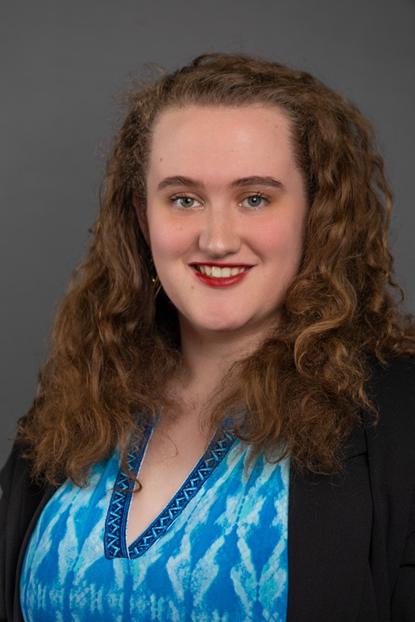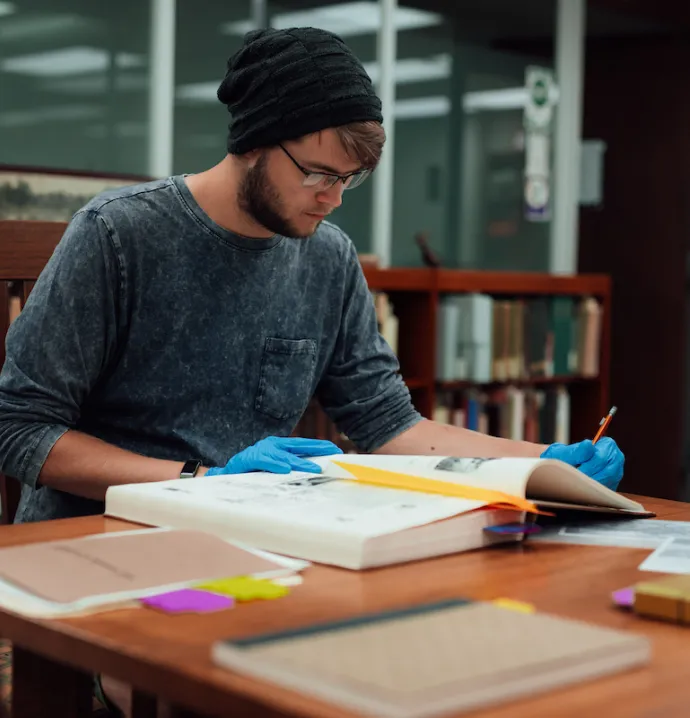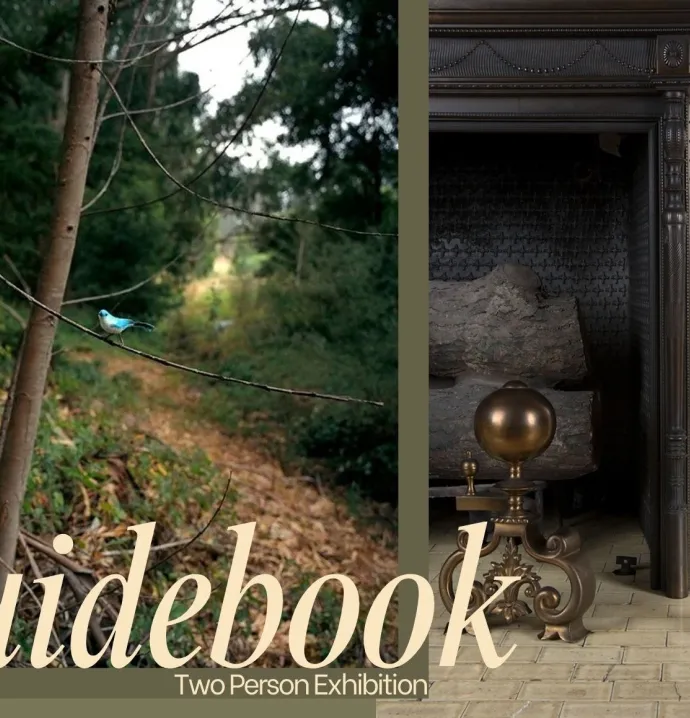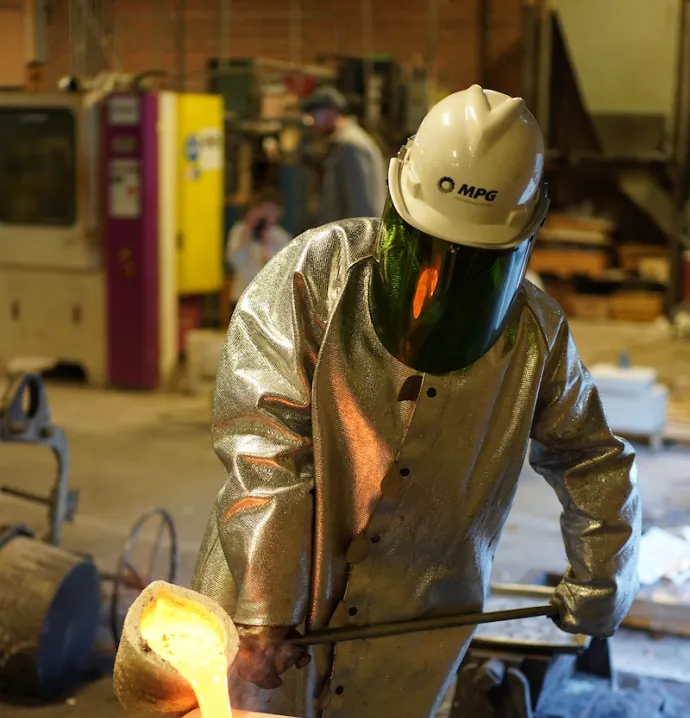UNI grad Nicole North found path in the stars at NASA
UNI grad Nicole North found path in the stars at NASA
 When University of Northern Iowa alum Nicole North first came to college, she was undecided on a major. So the fact her career path led her to studying with NASA still comes as a bit of a surprise.
When University of Northern Iowa alum Nicole North first came to college, she was undecided on a major. So the fact her career path led her to studying with NASA still comes as a bit of a surprise.
“If I were to tell myself in high school or my first couple years of undergrad or even my last year of undergrad that all this was happening, I don't think I would believe that,” she said. “But if I could tell myself one thing, it would be to stick with it because hard work pays off.”
North, who graduated from UNI in 2019 with a BS in chemistry, is now a graduate student and PhD candidate at Ohio State University. She was accepted into NASA's Planetary Science Summer School this past summer as one of 18 early-career planetary scientists who spent 10 weeks learning how to write a new frontier-style mission proposal.
Long before she was planning a mission to space, North grew up in the Des Moines metropolitan area in Elkhart and graduated from North Polk High School. She was the first person in her immediate family to earn a four-year degree.
“I think I always knew I was going to go to college, but I definitely don't think I considered anything like the STEM field as a real possibility,” said North.
She chose UNI because of its smaller size, affordability and closeness to home.
Navigating college as a first-generation college student came with many things to figure out, but her professors’ willingness to help made a huge difference.
“I had a lot of people who were able to help me,” she said. “I honestly don't think I could have managed it without their assistance.”
While North went into UNI undecided on a major, her interest in working in the sciences started to blossom from an unusual place. At the time, her boyfriend (now husband) was very into “outdoorsy stuff,” which prompted her to attend a graduate-level lecture in the biology department on black bear migration.
“That presentation, seeing how excited [the lecturer] was about it — made me want to go do science,” she said
The lecture was so impactful that North said she’s tried reaching out to people to find the female scientist who gave it. So far, she hasn’t had any luck.
Because the presentation centered around biology research and North had always enjoyed biology, she thought she would also study biology. In fact, she even did summer research with Kenneth Elgersma, a UNI professor from the biology department.
“During that process, I found out I was really, really interested in how the instrument works,” said North. “So it was through that and deciding I wanted to explore more of the analytical instrumentation that made me switch into chemistry.”
The switch would have come as quite the surprise to North’s high school self who struggled with chemistry and didn’t think she was capable of succeeding in it. Little did she know that the highlight of her time at UNI would become undergraduate chemistry research.
“I had a lot of opportunities to do hands-on research that I feel like I may not have gotten at a larger institution, especially because when I teach undergraduate students, I talk to them about it,” said North. “They say that it's actually pretty rare to get to do undergraduate research, whereas at UNI, basically, anybody who wanted to do it in the chemistry department could.”
Without the research experience she had at UNI, North doesn’t think she would have ended up at graduate school.
“The chemistry professors were all so kind to me and so willing to help me whenever I had an issue,” she said. “It was an incredibly supportive environment.”
While a good bit of her time was spent in the lab, she kept herself busy with other activities such as Panther Marching Band, the Rod Library Ambassadors program and the Northern Iowa Gaming Collective.
North’s undergraduate experience culminated in delivering the commencement address during her graduation ceremony — an experience she describes as both incredibly scary and fantastic.
Now, North is celebrating her latest milestone, when she and her NASA Planetary Science Summer School teammates gave a 90-minute presentation to a panel of NASA scientists to get experience pitching a mission research idea. Their proposal centered around a hypothetical mission to one of Jupiter’s moons. If the mission were actually happening, it would cost nearly $1 billion.
“We are looking at different aspects of the atmosphere and the geologic structures on its surface, as well as trying to describe some physical parameters about the lava flow,” North said about the mission. “So what we're trying to do is develop a mission that's going to give us more information about these types of worlds because that may be applicable to how our early world was formed.”
After the team completed their proposal, the mentors from the NASA Jet Propulsion Laboratory helped participants understand how one would actually design the mission, determine the budget and payloads, decide on what instruments are needed to complete the mission and the like.
While North is unsure what opportunities will arise in the future, no matter where her career takes her, she wants to never lose her sense of wonder about space. She hopes the same for other people too.
“I hope that as a community and as a planet, we can keep being interested in these big questions because I think loving space is something that's instilled in us as children,” she said. “I feel like sometimes we can get so serious about the world and what's all going on that we kind of lose sight of the big picture and the big wild that's around us all the time.”




